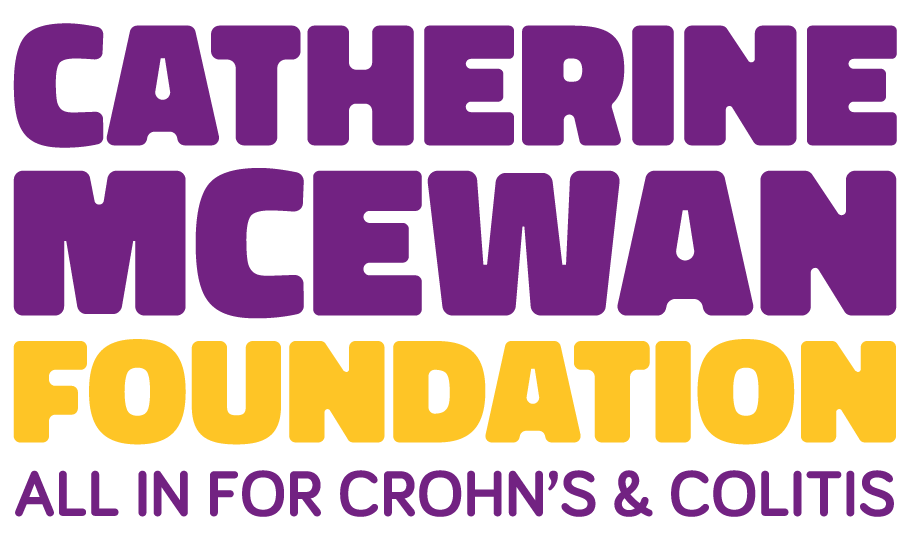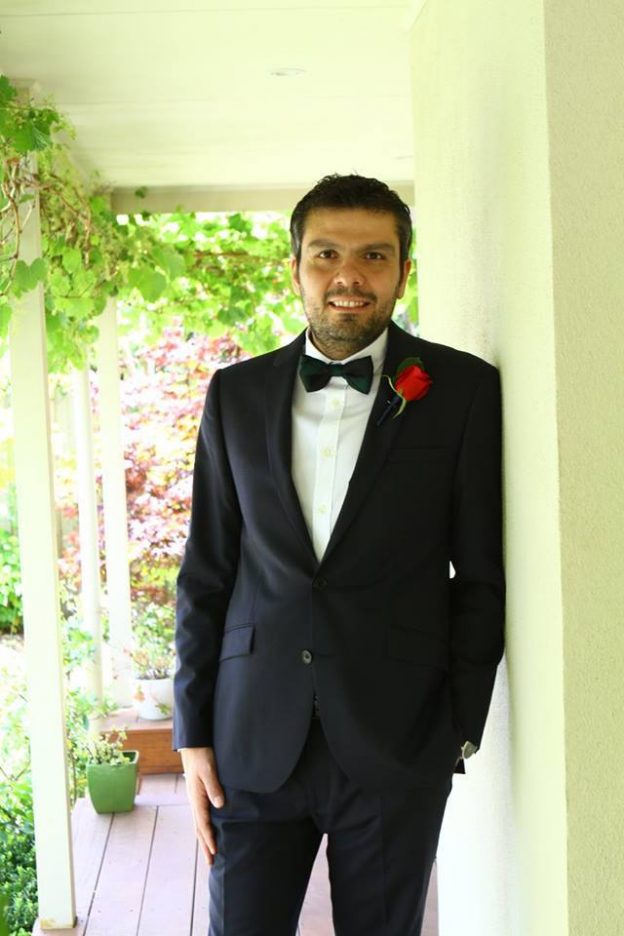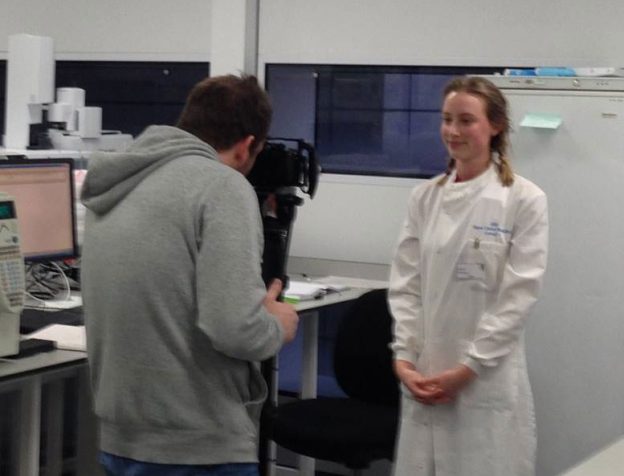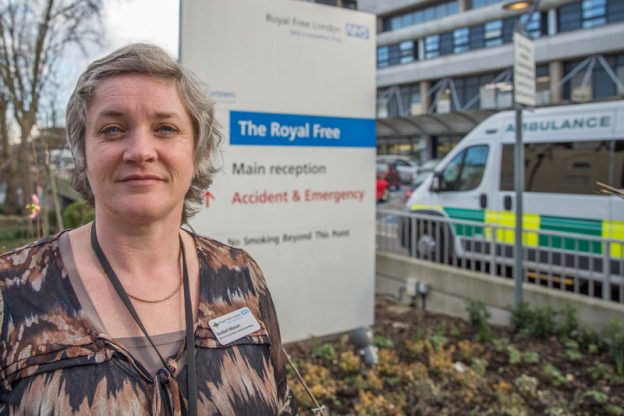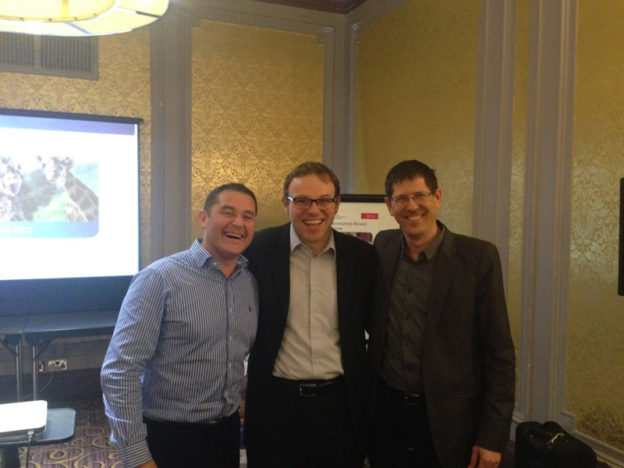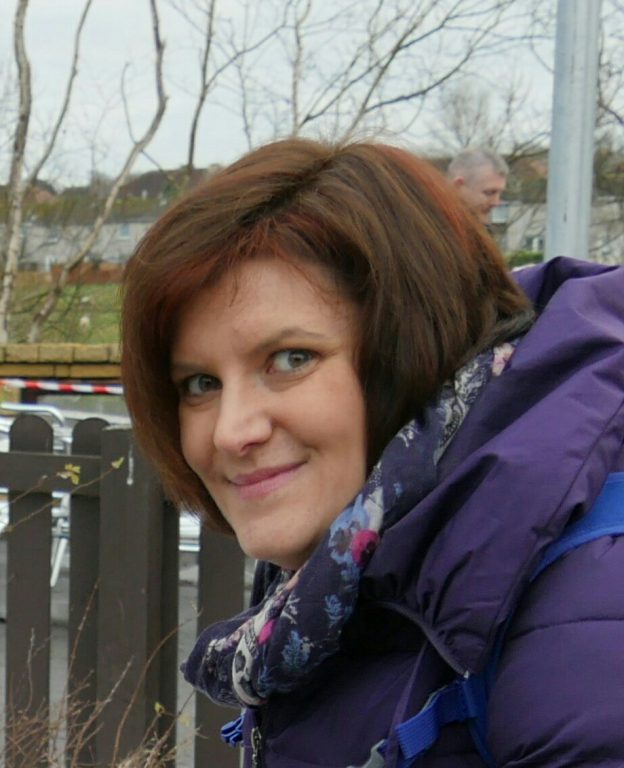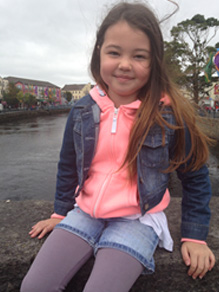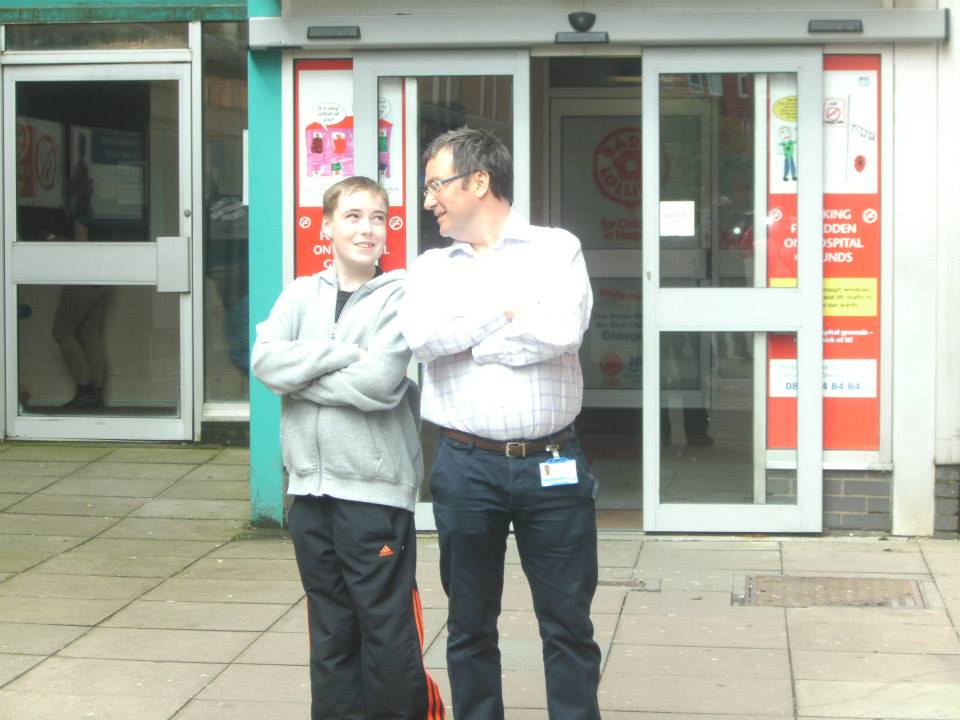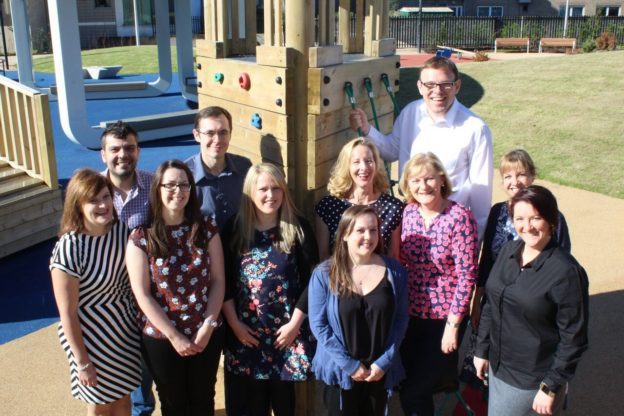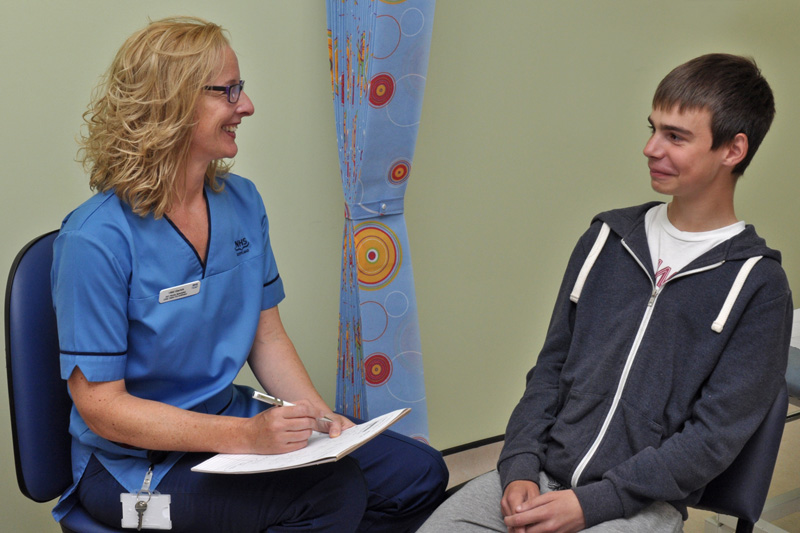MY JOURNEY
I’m Reece. I am sixteen years old.
When I was ten years old I was a happy and healthy child, I did all the things a ten year old boy would do.
I went out with friends on bikes, played football but my favourite hobby was Tae Kwon Do.
I was one belt away from being a black belt, I fought all over Britain and won lots of medals.I loved it and trained three days a week. That was my whole life and I loved it!
Then my life changed forever.
My mum noticed I was getting really tired all the time and she took me to see my GP who said I was growing and that’s why I was tired and not to worry.
I was getting more and more tired and looked really pale.
I was referred to Yorkhill Hospital and seen by Mr Walker who knew right away what was going on as my mouth was all split in the corners.
I was taken to Yorkhill and went to theatre for biopsies.
Two weeks later we were phoned to come in and that’s when we were given the news that I had Crohn’s disease tracking from my mouth to my bottom.
The first few months after that was ok, not too much pain but I was always tired, doing less each day.
I was started on Azathioprine tablets everyday but they didn’t help much.
I was struggling to go out and see my friends, I was so tired and in pain most of the time.
I went out one day to play football, I wasn’t too well but I wanted to try, all I remember was being on the pitch and then I collapsed.
I was taken to Yorkhill to find out I had an obstruction in my intestine and had to go to straight to theatre, after that day with more tests we were told my Crohn’s was very aggressive all over my body. It was really bad.
I was started on Infliximab infusions at first they helped a bit.
I had no life by then. I had been really ill for about a year, always tired and in pain.
I was in and out of hospital all the time, I couldn’t go to school anymore I was getting home tutored.
I knew my life was over I had to give up my Ta Kwon Do which I loved so much. I had to also give up football I was devastated.
I was so down and low in mood. WHY ME!
I was always a good person.
So I saved up some of my medication and was going to take it all at once.
Then I thought about my mum, dad, my wee sister and the rest of my family.
I thought for a while I have to keep fighting this horrific disease. I can’t give up now!
I was getting double infusions and after a few months I was told I was getting worse and the infusions were not working.
We were all devastated to say the least.
Everyone was so upset more bad news.
The doctors weren’t sure what was next for me with reference to treatments.
I had been in and out of theatre so many times and was spending more time in hospital than at home.
I had no life.
Then one morning my mum came in to get me up from bed, I couldn’t feel my legs and I couldn’t move. I was taken into Yorkhill for more tests and we were given the devastating news that my spine had collapsed and was fractured in a few different places.
I will never forget that day I cried so much.
I thought I would never walk again.
The doctors had a meeting with us and told us that not only did the double infusions not help my crohns they had given me soft bones which meant they break easily.
I was in a wheelchair for months and was so ill I was getting fed through a tube and needed everything done for me.
It’s so degrading.
I was also diagnosed with peripheral neuropathy in my hands and feet with all the drugs I had been taking.
I had become very ill and none of the treatments were working and they discovered my bone marrow wasn’t working properly with all the treatments.
It had become very dangerous.
I remember sitting in my hospital bed thinking when will this end.
I can’t do anything anymore, I have no life and I am getting worse and none of the treatments are working. OMG what can I do now is this the end?
I have never felt so scared in my life and upset.
I was devastated at this, then we had a meeting with all the doctors, and the next step was a reconstruction and ileostomy.
I was devasted with the news I wanted to die, but I know that is selfish.
Now was the time for me to get prepared for this surgery, I have had lots of surgery but this one was bigger.
So I had to get strong enough.
I went for surgery at 8am and I was told I would be in for 8 hours, everything was going well till near the end and then they cut my artery going into my heart. I started to lose a lot of blood it was touch and go but being the tough cookie I am I got through it thankfully.
Since my surgery I have felt much better, but I still have soft bones and can’t walk far. I have peripheral neuropathy in my hands and feet so there are a lot of things I can’t do.
I need to keep fighting this horrific disease and make the most of what I can do with life.
My whole life has changed drastically but i need to keep looking at the positives and never give up. I know my life will never go back to how it was before I was ill, but I need to keep looking at the positives every day and never give up.
One day there will be a cure for this horrific disease.
